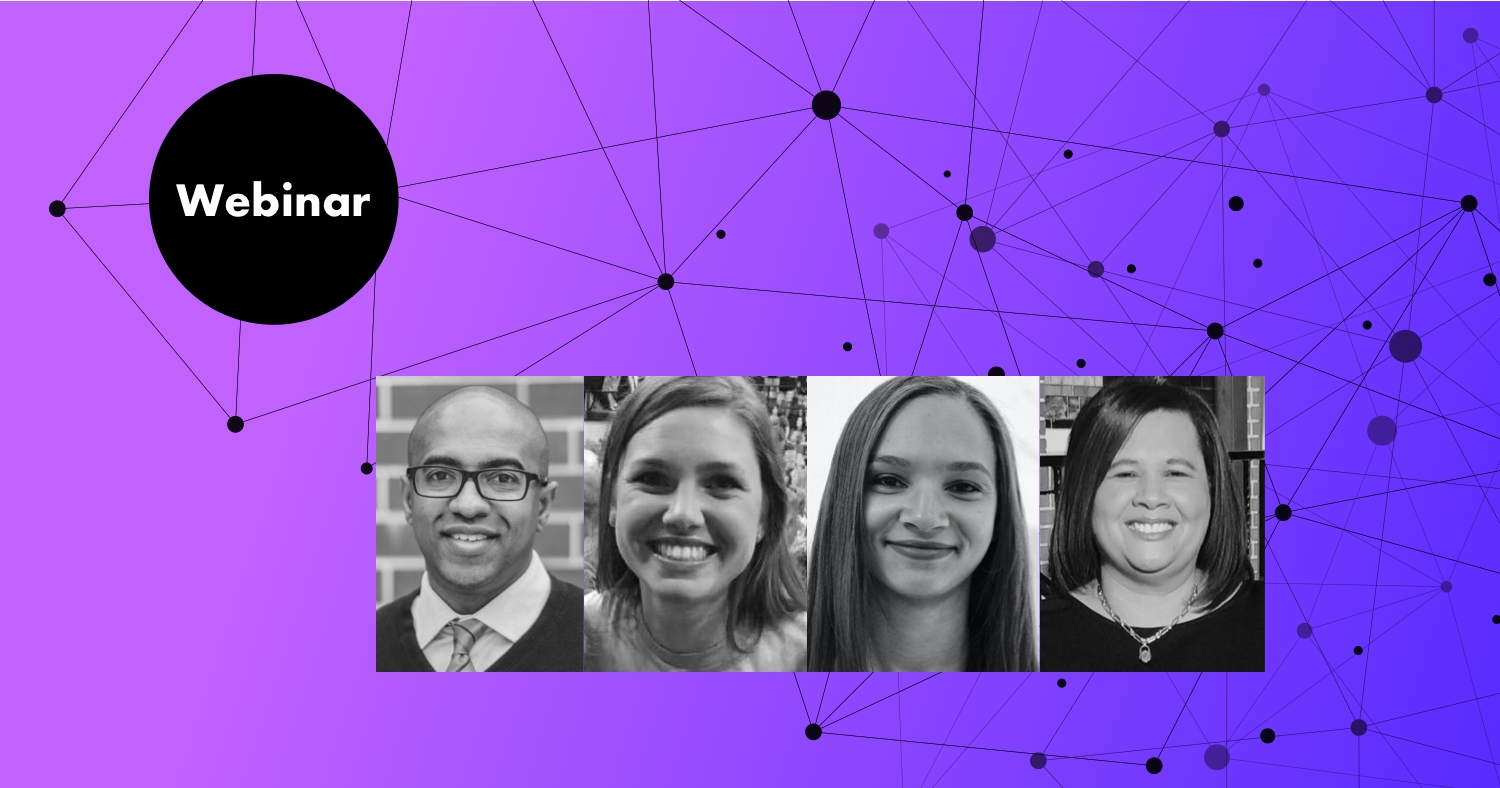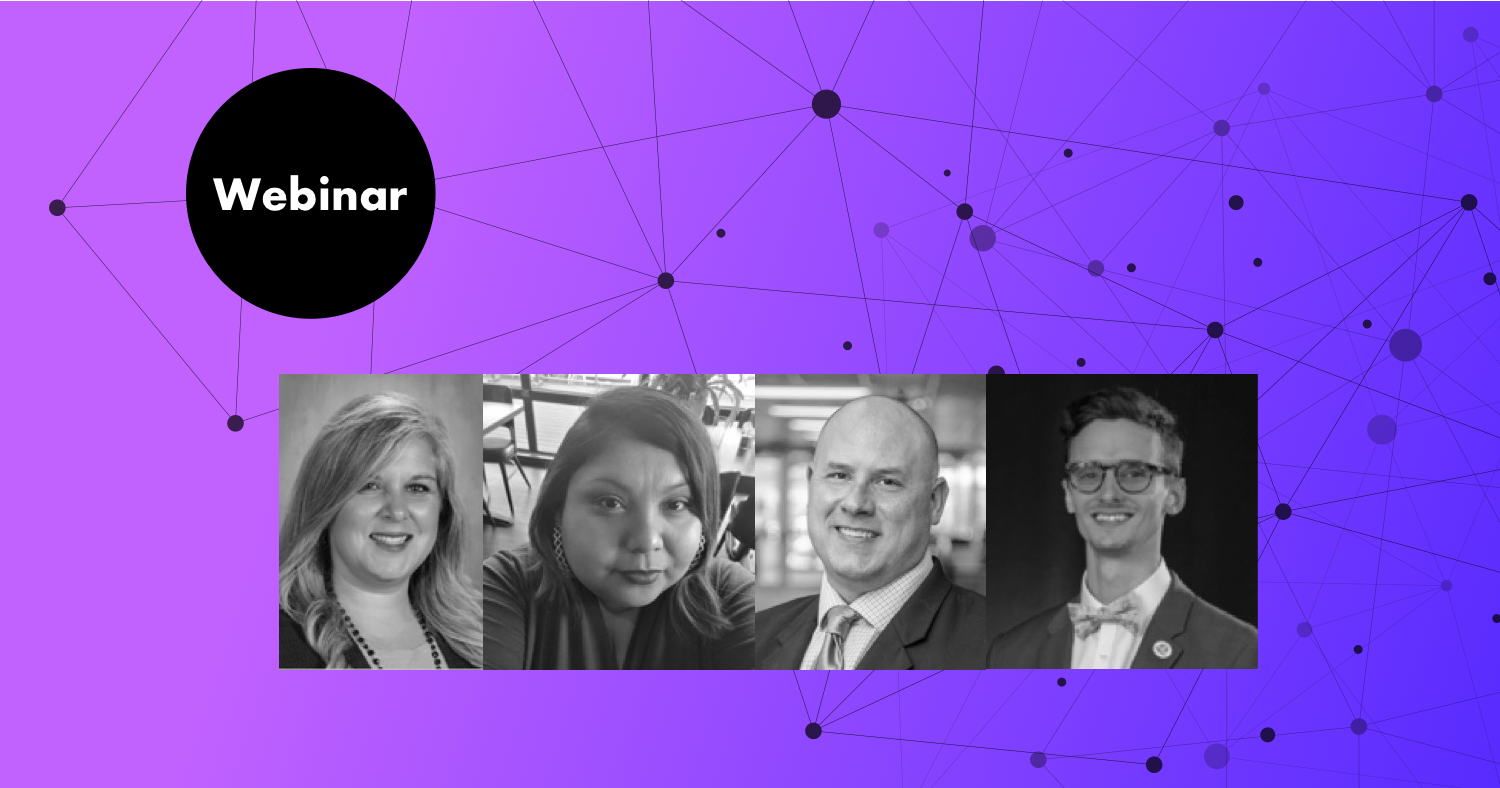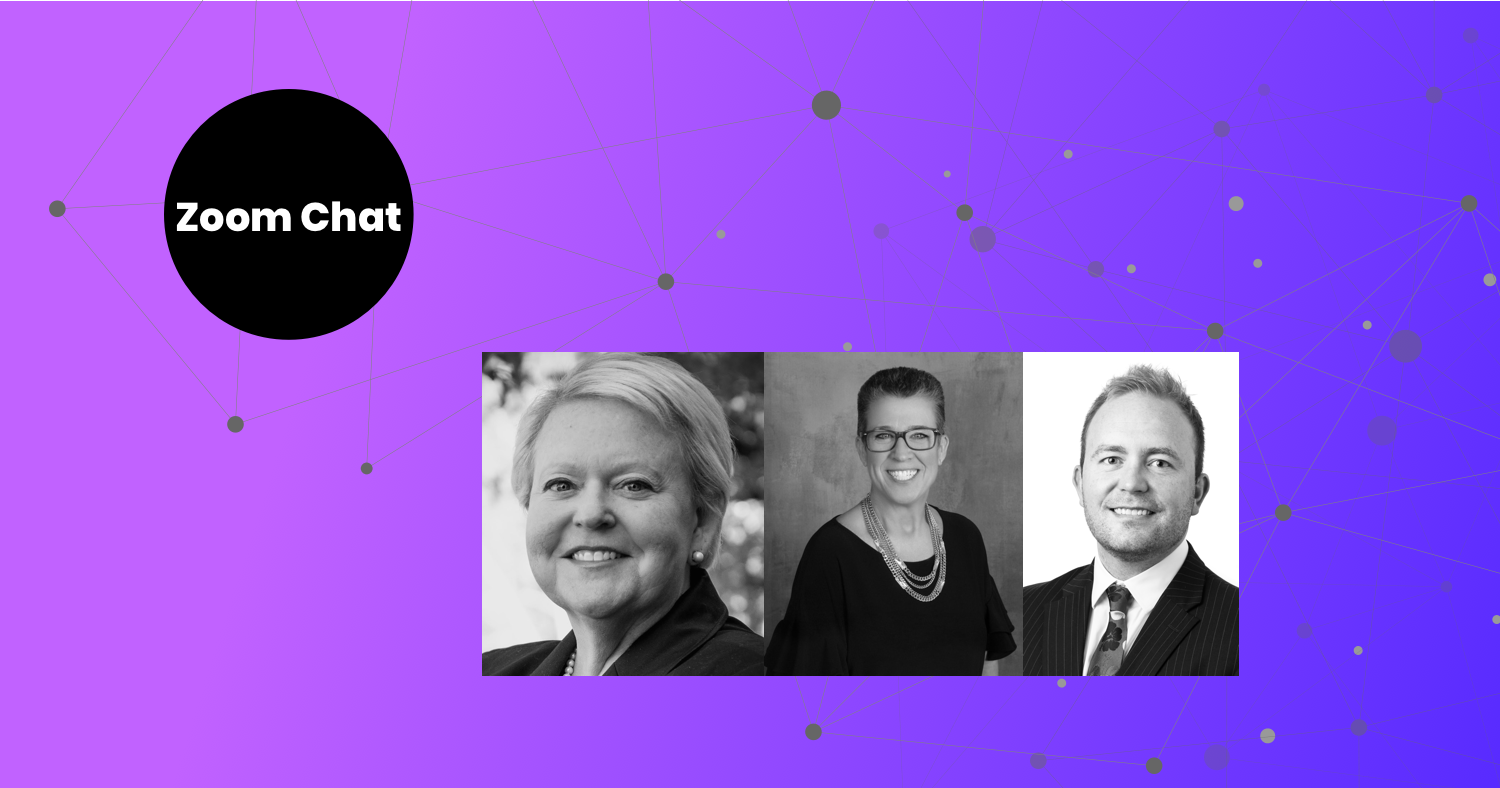On February 9th, Shannon hosted a webinar about the EL Education curriculum featuring users of the curriculum.
Speakers included:
- Shannon Wheatley, Chief Academic Officer, Lighthouse Community Public Schools (CA) @swheatley9
- Dionne Upton, Principal, Hamilton County (TN) @DUpton1234
- Taylor White, Instructional Coach, Detroit (MI) @MissWhite207
- Gabby Yeckering, Teacher, Daviess County (KY)
Each of the speakers shared a ‘hot take’ about the materials, and we’ve collected them below. We hope you will watch the recording, and enjoy our companion webinar, Understanding the Curriculum Landscape in 2021.
Our Hot Take on EL Education:
“With EL Education, students of all learning profiles have opportunities to engage with relevant and rigorous learning experiences. The curriculum centers meaningful texts and engaging protocols that has elevated the quality of teaching practice across departments and grade levels in our district.” – Shannon Wheatley
“EL Education has been a good fit for our students in providing high quality, diverse materials that meets the needs of Tier I Instruction. Our students are benefiting from having exposure to grade level text that’s high interest. They also have access to the connected trade books so they can read more deeply about each topic There is a strong foundational skill focus in K-2 that provides explicit instruction in phonics. The curriculum allows for differentiation during skills and all block to meet the diverse needs of all learners.” – Dionne Upton
“This curriculum is standards aligned ensuring that our scholars are prepared for success on a variety of assessments. Teachers also feel empowered to really teach and through the rich content and diverse library of text, teachers feel confident engaging in not just curriculum lessons, but life lessons. EL empowers teachers to empower students to be change agent through the texts, but also their focus on equity and citizenship skills.” –Taylor White
“Our biggest notice was in the writing. We had always struggled to get student to expand on their ideas and write more than a sentence or two. With EL, they start learning about focus statements in third grade and how to elaborate on their topic. In fourth, we use the “painted essay” format where we explain how to organize and expand on a topic using an introduction, 2 proof paragraphs and a conclusion. This really helped show the students how to expand their ideas in a way that made sense. They color coding is the same in each grade so by the time they went to 5th, the teacher could see a noticeable difference.” – Gabby Yeckering










